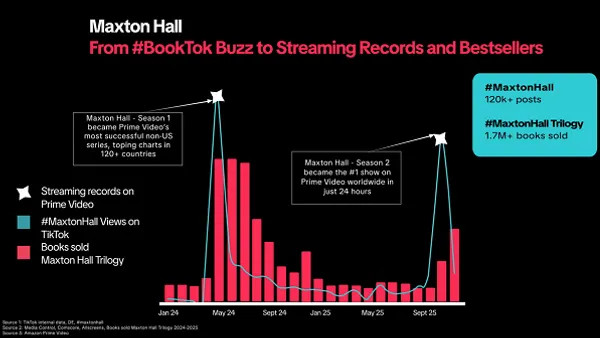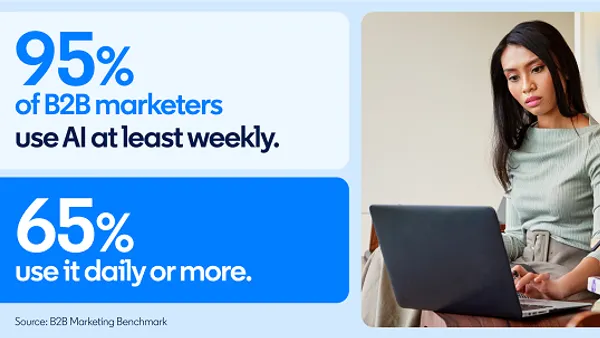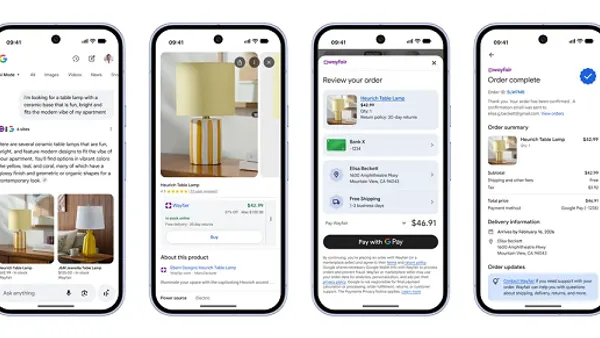Nobody is perfect, and that saying goes for businesses too. Sometimes there is just going to be unhappy people, people that like to complain, or people that just don't believe your product or service lives up to their standards, and that's the reality of it. So when you receive a negative comment or review online, whether on social media or on a platform like Yelp, what do you do?
Here are some tips to guide you through what you should do when a negative comment or review floods in.
Do NOT delete or ignore it
 Photo Credit: fannishery.com
Photo Credit: fannishery.com
Unless of course a comment or post is racist, derogatory or completely inappropriate, there is no reason to delete the post. Keep in mind most platforms don't give you this ability anyway (except Facebook). The reason you shouldn't delete a post is because instead of being the bigger person by acknowledging and addressing the problem, instead you are choosing to ignore it and pretend it never happened. Not only does this make the complainer even angrier and unhappy, it also makes you look bad to anyone else that may have seen the complaint before it was taken down. By choosing to leave the complaint on your page, but ignore it and not answer it, you're once again showing your community that you don't care about what they have to say.
By responding to negativity directly on your page, not only are you showing the person that posted it that you care and want to know more about their bad experience, and how you can learn from it, it also shows other people within your community (whether current or future customers), that you care. Being transparent is key to building great customer relationships and showing excellent customer service. If you are making the effort to turn someone's negative experience into a positive one, or at least show them that you are willing to improve so this doesn't happen again, you are really giving people more reasons to like you then be turned off by how you do business.
Get the facts straight
Before responding to any complaint or bad review, make sure to get the facts straight. Whether you do this by talking to the person directly to fully understand the situation, what happened, and why it made the experience so negative or talking with your employees and staff directly to see if they recall the incident. Better understanding a situation will give you more context to work with, which will only supply you with better knowledge to respond and work to improve the situation.
Know that time is critical
Don't wait weeks or even days to construct the perfect response that has been run through your public relations department a half a dozen times, the longer you wait the harder it is to fix a bad experience. When people are angry or upset about an experience they had, they are going to vent and take it out on the easiest platform available to them, which is often online. You want to catch them when they are the most upset, and haven't logged off and are now dwelling on it or spreading the word to all their friends how horrible you are. Be timely, and don't leave them hanging when they reach out to you with a complaint about something, especially if you're the type of business to respond to people instantly, the complainer will notice when you suddenly go silent.
Keep it public (when possible)
The worst thing ever as a consumer is when you google a question or complaint you may have, and find someone else that had the same problem, then when you look to see how it was answered, all you can find is a generic, "please direct message us" or "please phone us at 123-annoying."
When it is possible, respond to your haters right then and there on the platform they complained on. This will not only show other customers that you care, but also help other people in your community if they have the same issue, or question.
The only time you should take it private is after you've initially addressed the issue, and perhaps you'd like to learn more about the experience or ask questions that the poster may not want public, like for their email and contact information.
Be human & make them happy
Last but not least, and most importantly, BE HUMAN! You are a human behind that computer screen, and even though you may be representing a brand, company or organization, you're still human. It's okay to let down the corporate guard and humanize your brand when speaking to your consumer, and in fact, it'll do you good! Put yourself in the customers shoes, even if you may think they are complaining about something ridiculous or wrong, just try to imagine how they would feel. Use that to guide how you would respond to them.
The conversation should always end with the person on the other end happier, whether you make it up to them by showing that you are looking into the issue, or that you want to offer them a discount, or freebie for them to have the opportunity to retry your establishment or services, in hopes to change their negative experience into a positive one.
Note: There are always going to be some people you just CAN'T make happy. Accept that, and try your best, and if you feel like you're running in circles and the situation is not improving, let it go, there's only so much you can do!















